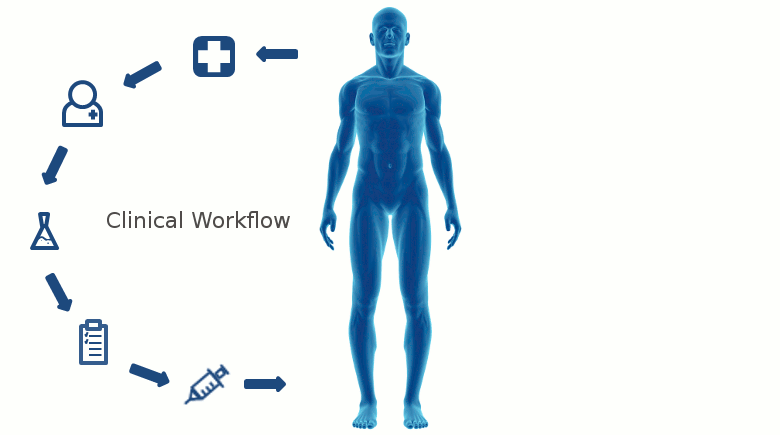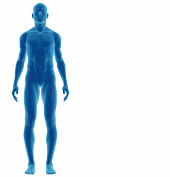 K. Zarkogianni, E. Litsa, K. Mitsis, P. Wu, C. D. Kaddi, C. Cheng, M. D. Wang, and K. S. Nikita, National Technical University of Athens, Greece, Georgia Institute of Technology and Emory University, USA
K. Zarkogianni, E. Litsa, K. Mitsis, P. Wu, C. D. Kaddi, C. Cheng, M. D. Wang, and K. S. Nikita, National Technical University of Athens, Greece, Georgia Institute of Technology and Emory University, USA
The high prevalence of Diabetes Mellitus (DM) along with the poor health outcomes and the escalated costs of treatment and care pose the need to focus on more preventive, predictive, personalized and participatory approaches toward improved management of DM. This paper presents a critical review of: (i) sensors for glucose and lifestyle monitoring, (ii) models and molecular biomarkers for predicting the onset and assessing the progress of DM, and (iii) modeling and control methods for regulating blood glucose levels. The review reveals the emerging technologies for glucose and lifestyle sensing with current research focusing on the development of noninvasive sensors for accurate glucose monitoring. Moreover, the rapidly changing face and context of diabetes monitoring and management are highlighted which are facilitated by the availability of a multitude of data acquired from: (i) wireless pervasive environments, (ii) Electronic Health Records (EHR), (iii) patient’s genetic profile, and (iv) patient’s biological state, which can be inferred by combining genomic, transcriptomic, epigenomic, proteomic, and metabolomics data. As more and more data are gathered, advanced data processing and interpretation become more crucial in order to transform the acquired raw data into clinically meaningful knowledge. A wide range of modeling, classification, clustering and control approaches are used for the development of Clinical Decision Support Systems opening new horizons toward self-disease management and supporting healthcare professionals in decision making. Enhanced integration of patient data through the development of sophisticated multiscale and multilevel physiological models is necessary in order to reveal correlations and patterns indicating the onset and evolution of DM. Unobtrusive sensing based on the Internet of Things and holistic user-centered approaches supported by computer-based predictive models constitute major diabetes-related challenges and can play a crucial role in reshaping and improving the clinical workflow of diabetes management by shifting the emphasis from the disease to the wellness.

